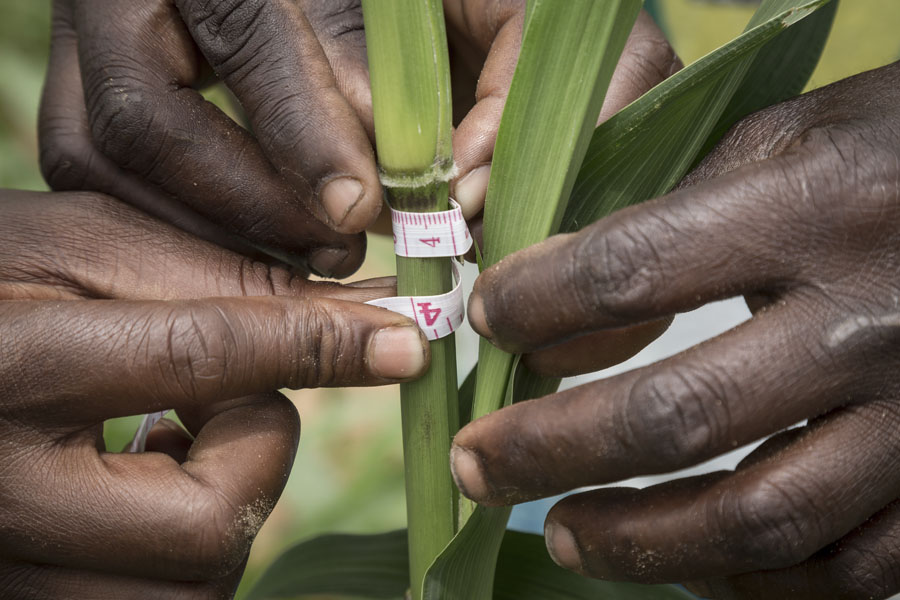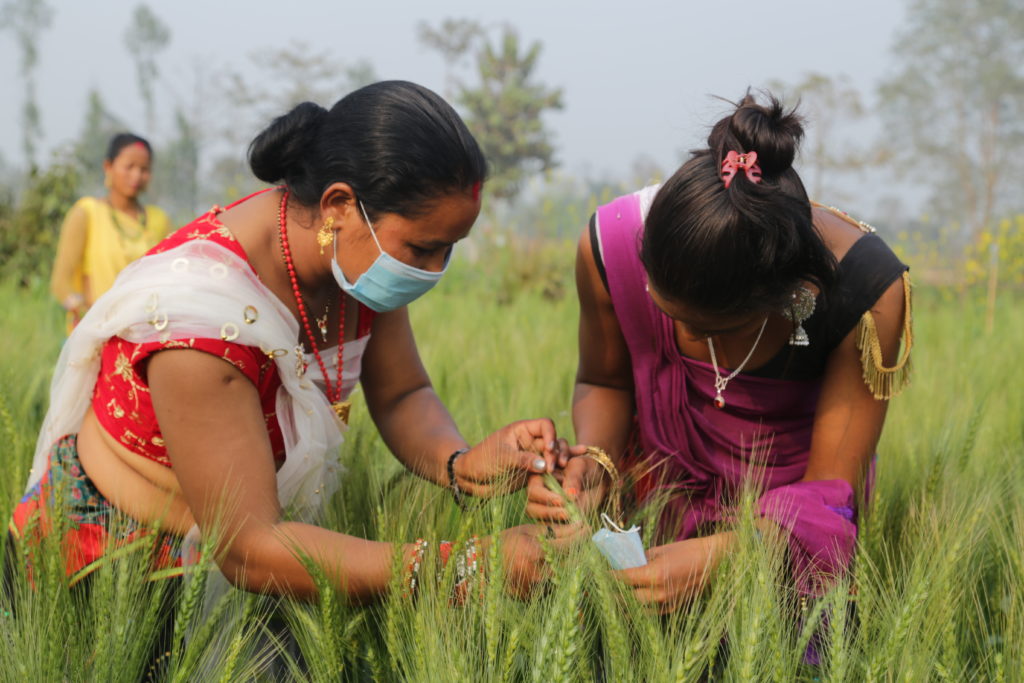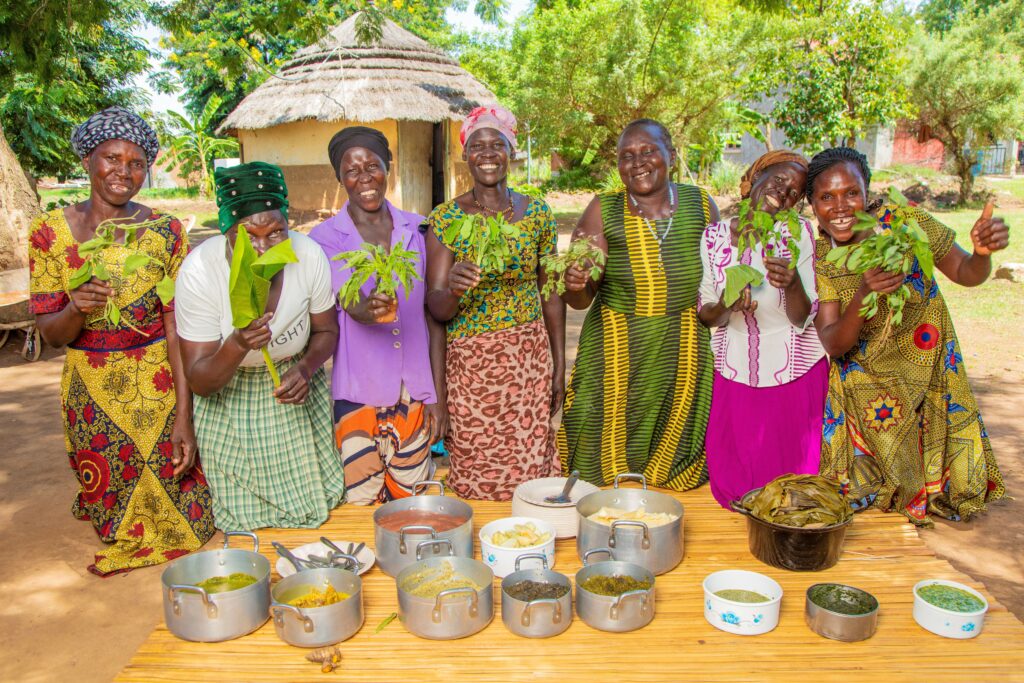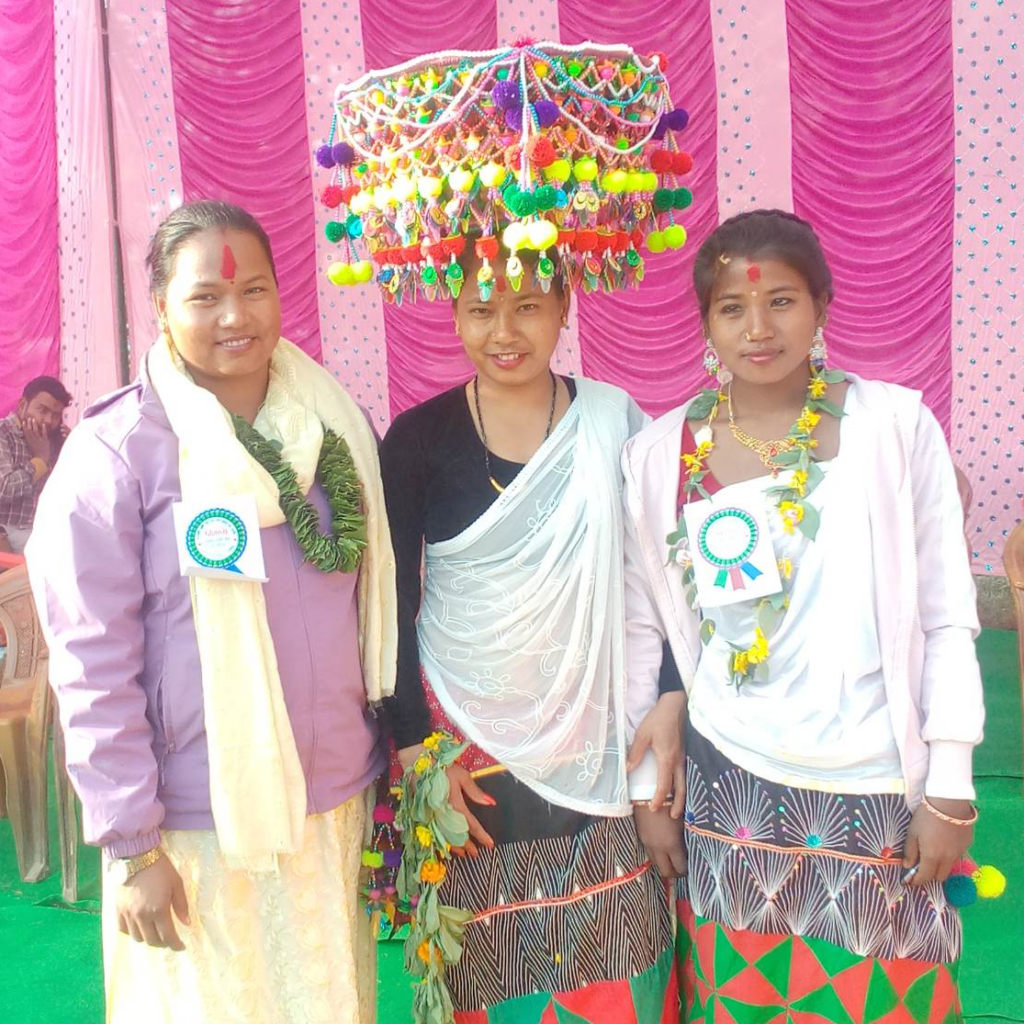Oxfam’s SD=HS Program joined forces with CIRAD (Centre de coopération internationale en recherche agronomique pour le développement) and CCRP (the Collaborative Crop Research Program funded by McKnight Foundation) to pilot social and institutional innovations and participatory research approaches to shift power dynamics and strengthen the role of farmers in seed systems.
This post gives the background and rationale of the Partnership for Diversity, as well as updates on the activities held.
Background
Smallholder farmers are critical for securing diverse, healthy diets for much of the world’s population. They use and maintain a tremendous diversity of agricultural seeds and depend on this agricultural biodiversity as one of their most important resources. As climatic, environmental, and socio-economic conditions change, millions of farmers need access to new and more diverse crop varieties to adapt their cropping systems, mitigate risks and improve their farm production and incomes. In a complex and increasingly interlinked system, crucial issues need to be addressed urgently:
- How to create conditions that enable agricultural biodiversity to be conserved and to continue to evolve in the social and agroecological realities of smallholder farming communities?
- How to bring together the fullest range of knowledge, expertise, and resources for plant variety development and seed dissemination to support an agroecological transformation of food systems?
- How to reach millions of farmers with reliable delivery of diverse, nutritious, and locally adapted varieties?
Farmers’ knowledge in seed management, including their role and expertise in developing and managing plant genetic diversity, is often ignored in responding to food and climate crises. To address the current climate and food crises, an agroecological transformation of food systems is needed. This is only possible if current models of agrobiodiversity management change to increase the availability of better and diverse crop varieties for farmers in diverse farming and agroecological systems. An integrated approach for agrobiodiversity, should consider an enabling environment under which tools, knowledge and networks of farmers, indigenous communities and researchers are strongly connected and work together to find better and scalable solutions based on local diversity.
We aim to strengthen farmer-research partnerships to develop the diversity of crop varieties smallholder farmers need
The project
In 2021, SD=HS organized a series of workshops titled “Bringing farmers to the table”. Researchers, policy makers, farmers and funders discussed the need to increase farmers’ involvement in crop development and seed diffusion to contribute to sustained global food and nutrition security. Based on these discussions Oxfam Novib, CIRAD and the CCRP drafted a program concept and secured funding to further develop this idea in close collaboration with partners in East Africa (Uganda) and West Africa (Burkina Faso, Mali, Niger, Senegal).
The development of new partnership models for agricultural research is at the heart of this initiative. These new partnerships consider sustainable institutional arrangements between farmers, farmer networks, researchers and other key stakeholders, to jointly set research priorities, build capacities and conduct action to adapt and improve existing crop varieties, develop new ones and increase the access and use of crop diversity to smallholder farmers in different settings.
This long-term collaboration therefore aims to focus on:
- Experimental research partnerships in which new models of collaboration can be explored. The idea is for farmers, researchers, and other stakeholder to strengthen their capacities to jointly develop and increase the availability of crop varietal diversity that serves the needs of smallholder farmers and their communities.
- A paradigm shift to promote a change in policy makers’, researchers’, and farmers’ attitudes, and ways of working to contribute to mutual understanding, respect, and collaboration as a basis for institutional innovation.
- Policy and institutional reforms that lead to changes in the governance of agricultural research and markets to enable an increased access and use of varietal diversity.
Current developments
The development of this initiative consists of different key phases. An exploratory phase is now funded by the McKnight Foundation and underway until September 2023. The geographic focus for the work during this stage is Uganda and West Africa, while keeping a regional emphasis: similarities in agroecological, geographical, cultural, socio-political, and institutional contexts are seen as an opportunity to eventually spread innovations and reach scale. The exploratory phase will identify regional partners, organizations and networks in West Africa, Uganda, and neighbouring countries and to jointly map seeds systems and their challenges.
In 2023, two regional workshops will be held in Burkina Faso and Uganda to understand existing tools, methodologies, and ways of working and to design innovative models of farmer-research partnerships. Based on these workshops, the project partners will develop a project proposal detailing the next potential phases to be shared with donors. The proposal will include a pilot phase to test innovative models of collaboration among coalition members, their partners and other stakeholders. The hypotheses and models for collaboration validated or revised in the pilot phase should provide valuable input for a multi-year, multi country project involving the consortium institutions and their partners.
Workshop in Burkina Faso
The first workshop took place in Ouagadougou from 27th-31st March 2023. A total of 30 participants took part, representing farmer organisations, (inter)national research entities, plant breeding institutes, NGOs (AFSA and Oxfam) from Niger, Burkina Faso, Mali and Senegal.
All present have a long and rich experience of local partnerships around advancing farmer-centered seed systems in each of the four countries. The workshop delved deeper into potential collaboration and reap the benefits of the combined experience of the partners. The workshop concluded on pathways for future collaboration, some are mentioned below.
- Research: Innovative research methods to strengthen participatory plant breeding and support diverse seed systems, as well as to strengthen the capacity of seed system actors.
- Create demand and establish market linkages for high quality seeds of locally adapted varieties produced by communities
- Forging a functional and dynamic network for exchange and collaboration among farmers, (farmer) seed producers, researchers, NGOs, private sector and donors.
- Addressing power imbalances and promoting changes in policies, regulations and governance structures that are favorable to farmer seed systems.
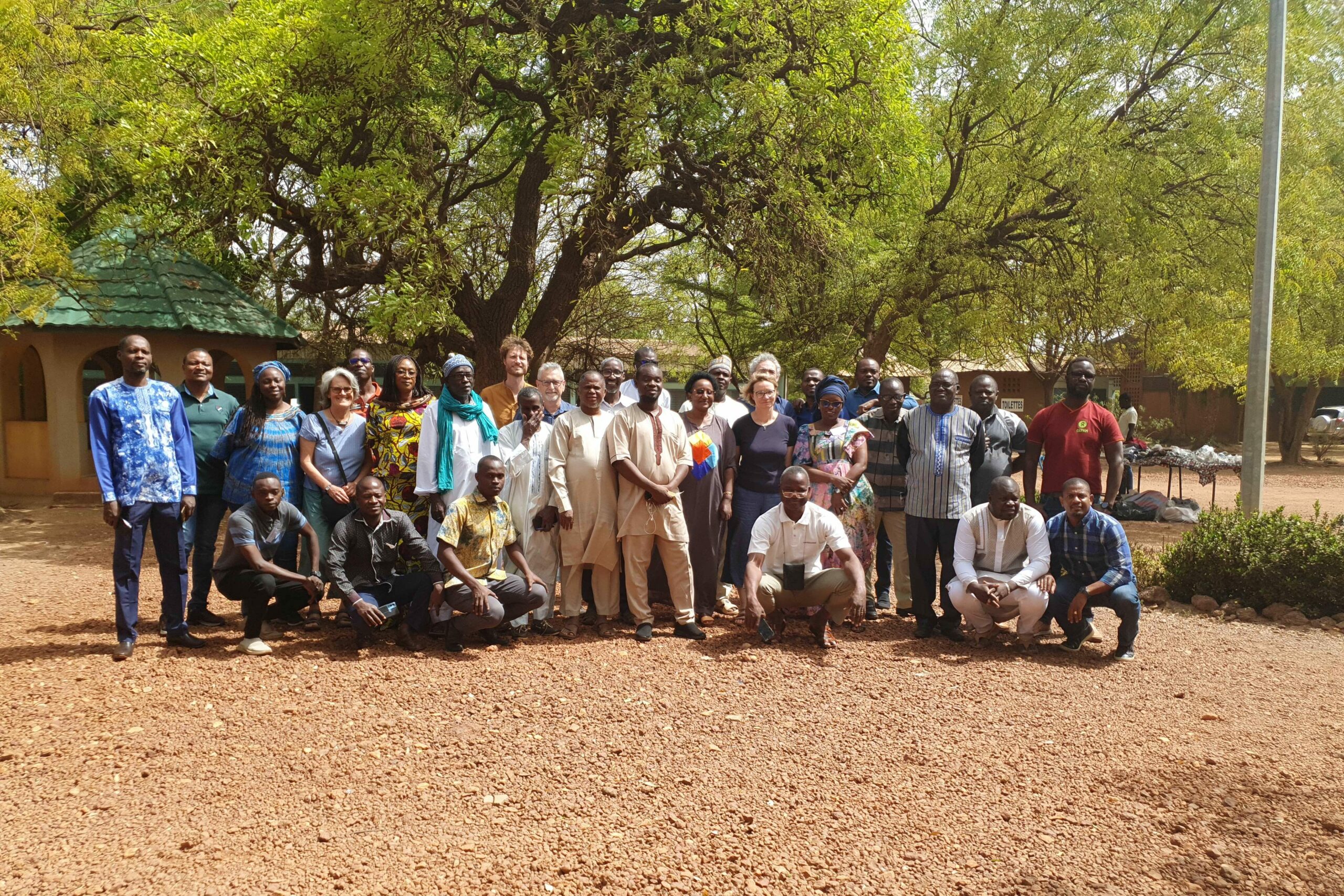
The next workshop will take place in Uganda from 3rd to 7th July 2023. Watch this space for updates.

